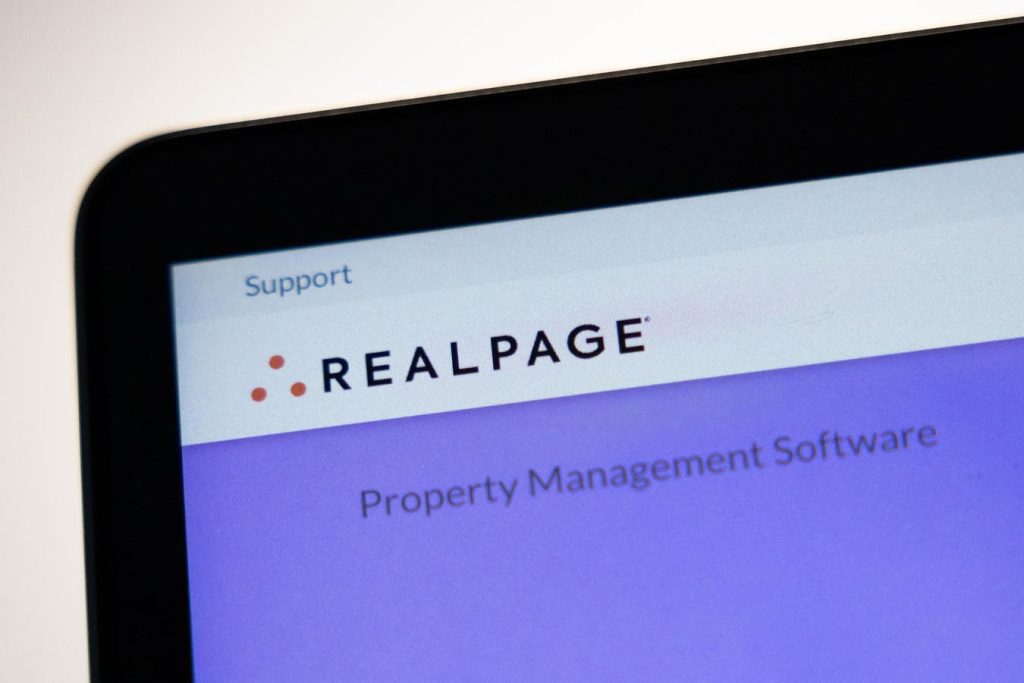The Optimization Paradox: Balancing Profit and Fair Housing
Optimization, in its purest form, is the pursuit of the best possible outcome. In the context of apartment rentals, landlords often interpret this as maximizing profit, which can involve a complex interplay of factors beyond simply raising rents. While rent increases may seem like the most direct path to higher revenue, a more nuanced approach considers factors like vacancy rates and tenant turnover. Lowering rents slightly might incentivize longer tenant stays, reducing costly vacancy periods and ultimately resulting in higher overall income. This concept illustrates that optimization isn’t always synonymous with maximizing individual rent prices but rather with maximizing overall revenue over time.
The DOJ’s Scrutiny: Allegations of Collusion and Anti-Competitive Practices
However, the pursuit of optimization through sophisticated software has drawn the attention of the Department of Justice (DOJ). The DOJ has initiated legal action against several real estate vendors offering price optimization software, alleging that these systems facilitate collusion among landlords. The core of the DOJ’s argument centers on the concept of "concerted action," where seemingly independent decisions by landlords become interconnected through shared access to market data provided by the software. This shared knowledge, the DOJ argues, reduces competition by eliminating independent decision-making and ultimately limiting consumer choices. The software, in essence, allows landlords to see what others are charging and adjust their own pricing accordingly, creating a scenario akin to price fixing.
RealPage in the Spotlight: Claims and Counterclaims in the Legal Battle
RealPage, a prominent provider of such software, has become a focal point in this legal battle. The company boasts that its AI-powered revenue management software “outperforms the market 2% – 5%,” a claim that raises questions about whether this outperformance stems from legitimate optimization strategies or anti-competitive practices. While RealPage maintains that its software simply provides recommendations and that landlords retain ultimate control over pricing, the DOJ contends that the software subtly encourages the adoption of suggested prices, making it difficult and potentially costly for landlords to deviate. This discrepancy in interpretation lies at the heart of the ongoing legal dispute.
The Economic Impact: Renters Bear the Burden of Alleged Price Fixing
The Biden administration’s Council of Economic Advisors (CEA) has weighed in on the issue, estimating that the use of such software has led to an average rent increase of $70 per month, or 4% of rent, resulting in a collective cost of $3.8 billion to renters in 2023 alone. The CEA argues that this figure likely underestimates the true cost, as it doesn’t account for all potential ramifications of reduced competition. While acknowledging that pricing algorithms can improve market efficiency in truly competitive markets by allowing landlords to respond to changing conditions, the CEA emphasizes that these same algorithms can facilitate price coordination that harms competition and ultimately drives up rents for consumers.
The Nuances of the Argument: Data Sharing, Transparency, and Market Power
Central to the debate is the nature of the data utilized by these pricing algorithms. RealPage insists that its software employs only anonymized and aggregated data, preventing landlords from gaining insight into competitors’ specific pricing strategies. This, they argue, aligns with antitrust laws. However, critics argue that even anonymized and aggregated data can provide enough market transparency to enable coordinated pricing, especially in concentrated markets where a few large landlords dominate. The sheer scale of RealPage’s reach, estimated by some to cover 10% of all rental units nationally, further amplifies concerns about potential market manipulation. While smaller landlords, who represent a significant portion of the rental market, typically lack the resources to utilize such sophisticated software, the practices of larger landlords using these tools can significantly influence overall market pricing.
The Uncertain Future: Legal Battles and the Impact on Renters
The legal battles surrounding rental pricing software are ongoing, and the ultimate outcome remains uncertain. However, the implications for renters are significant. If the DOJ’s allegations prove true, the widespread use of these algorithms could contribute to artificially inflated rents and limited housing options. Renters have a vested interest in the outcome of these cases, as they stand to benefit from increased competition and fairer pricing practices in the rental market. The ongoing legal proceedings and the evolving understanding of the role of algorithms in housing markets warrant close attention from renters, policymakers, and housing advocates alike.

